Conclavoscope - Cardinal Protase Rugambwa
Cardinal Profile and Assessment
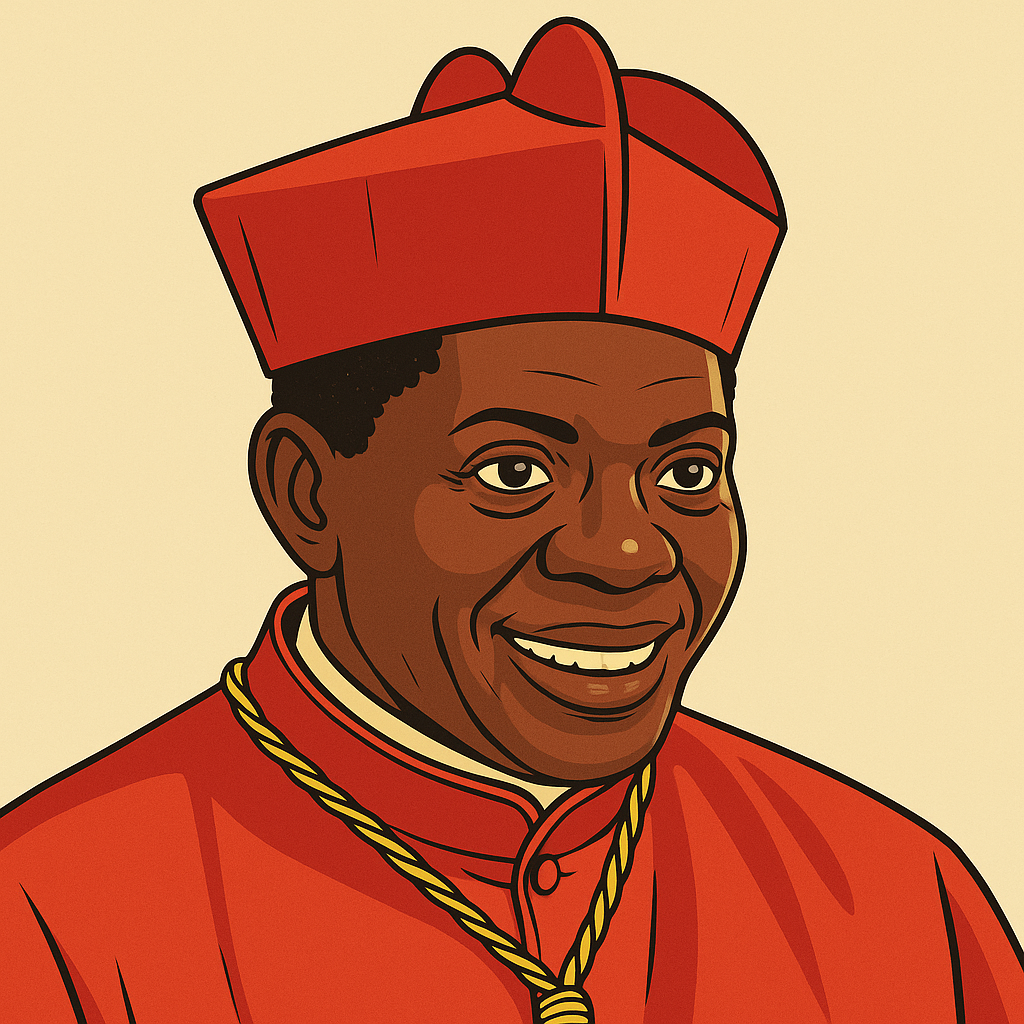
Tanzanian cardinal, Secretary of the Dicastery for Evangelization, known for his missionary expertise and balanced pastoral vision, combining doctrinal fidelity and cultural adaptation.
| Criterion | Tendency |
|---|---|
| Moral doctrine | Conservative |
| Liturgy | Conservative |
| Sociopolitical | Moderately progressive |
| Relationship with Pope Francis | Centrist |
| Dialogue | Progressive |
| Communication | Progressive |
| Overall tendency | Centrist |
Cardinal Rugambwa has consistently emphasized adherence to traditional Catholic teachings. He has expressed concerns about the spread of ideologies promoting 'exaggerated freedom' and secular influences, particularly in Africa. His apprehension towards gender ideology and the challenges posed by other Christian denominations indicate a conservative stance on moral doctrines.
While there is no direct evidence of Cardinal Rugambwa's preference for the Tridentine Mass, his traditionalist views suggest a conservative approach to liturgy. His emphasis on maintaining the discipline of Christian discipleship and his role in the Dicastery for Divine Worship and the Discipline of the Sacraments further support this inference.
Cardinal Rugambwa advocates for a culture of love, solidarity, and cooperation, aligning with Pope Francis's emphasis on social justice. His calls for unity among Tanzanians and openness to other nationalities reflect a progressive stance on sociopolitical issues.
Cardinal Rugambwa has shown strong alignment with Pope Francis's vision for the Church. His appointments by Pope Francis to significant roles, including his elevation to Cardinal and membership in key dicasteries, indicate a close relationship and support for the Pope's reforms.
Cardinal Rugambwa is known for his commitment to interreligious dialogue and peacebuilding. His efforts to promote unity and cooperation among different faiths and nationalities demonstrate a progressive approach in this area.
Cardinal Rugambwa's communication style is pastoral and inclusive. He emphasizes unity, love, and solidarity in his messages, reflecting a progressive and approachable pastoral style.
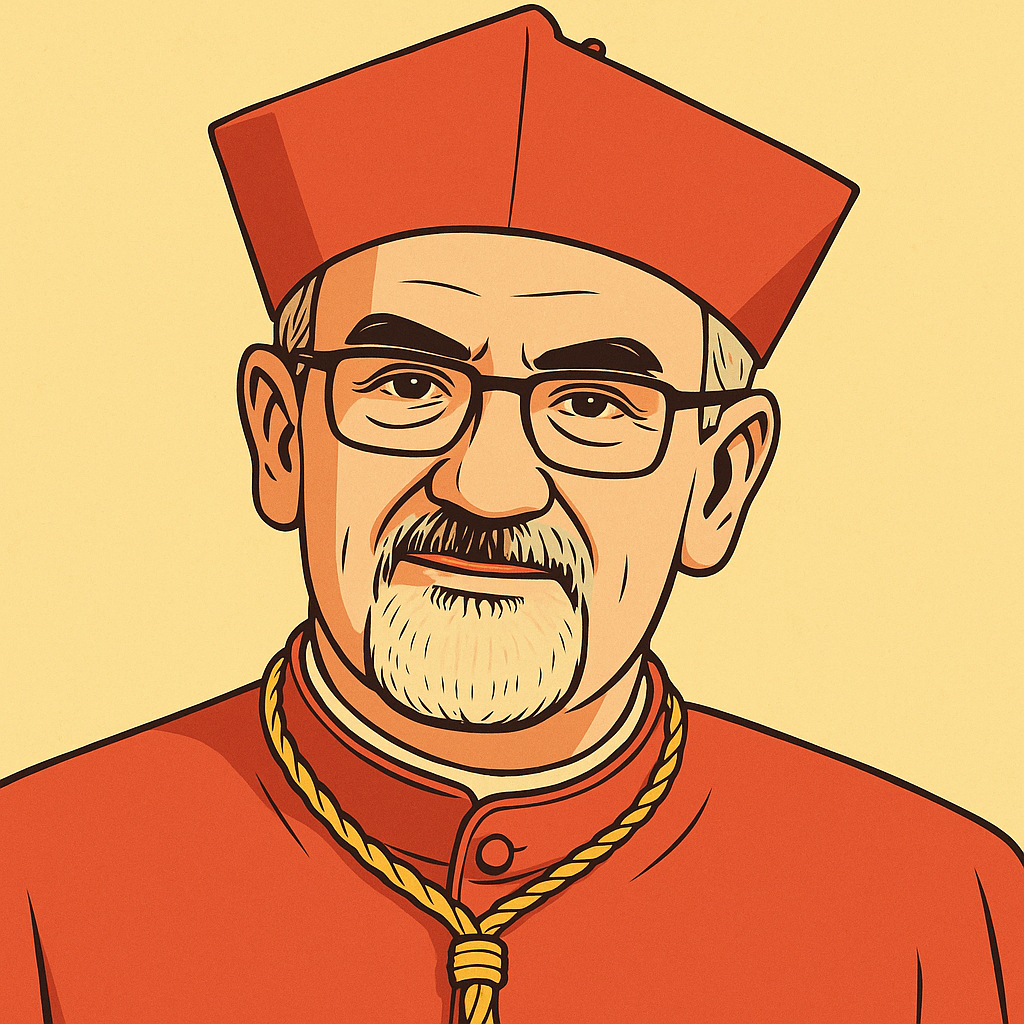
Israel
Italian cardinal, Latin Patriarch of Jerusalem, Franciscan, known for his expertise on the Middle East and his balanced leadership in a context of political and religious tensions.
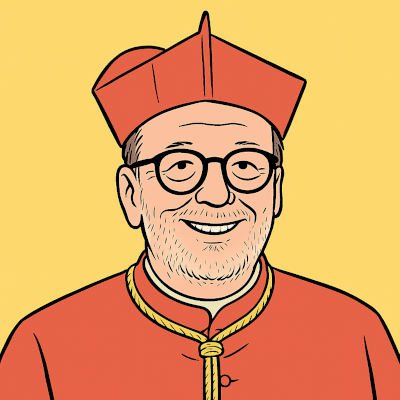
Italy
Italian cardinal, former apostolic nuncio, known for his diplomatic expertise and knowledge of Eastern Churches, combining liturgical tradition and openness to dialogue.
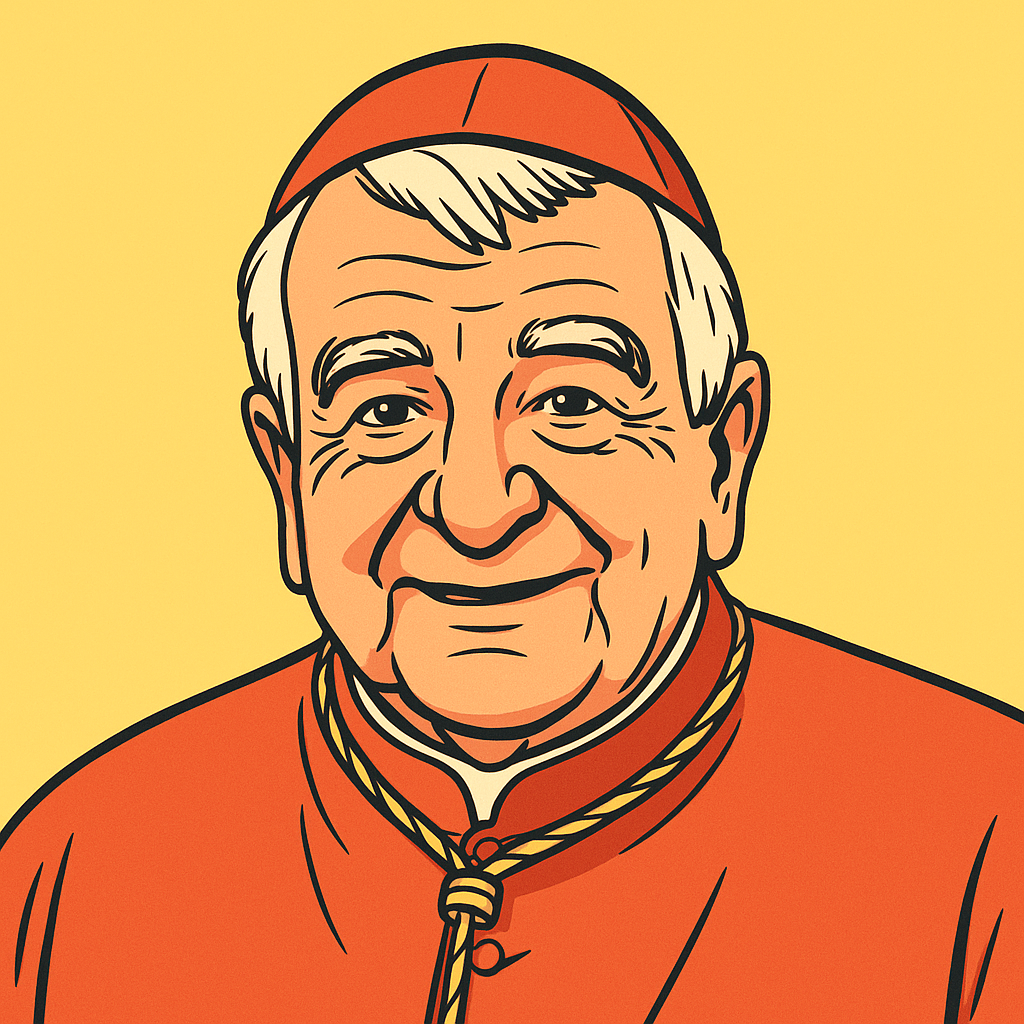
Switzerland
Swiss cardinal, apostolic nuncio, known for his diplomatic work and balanced approach between tradition and moderate openness.
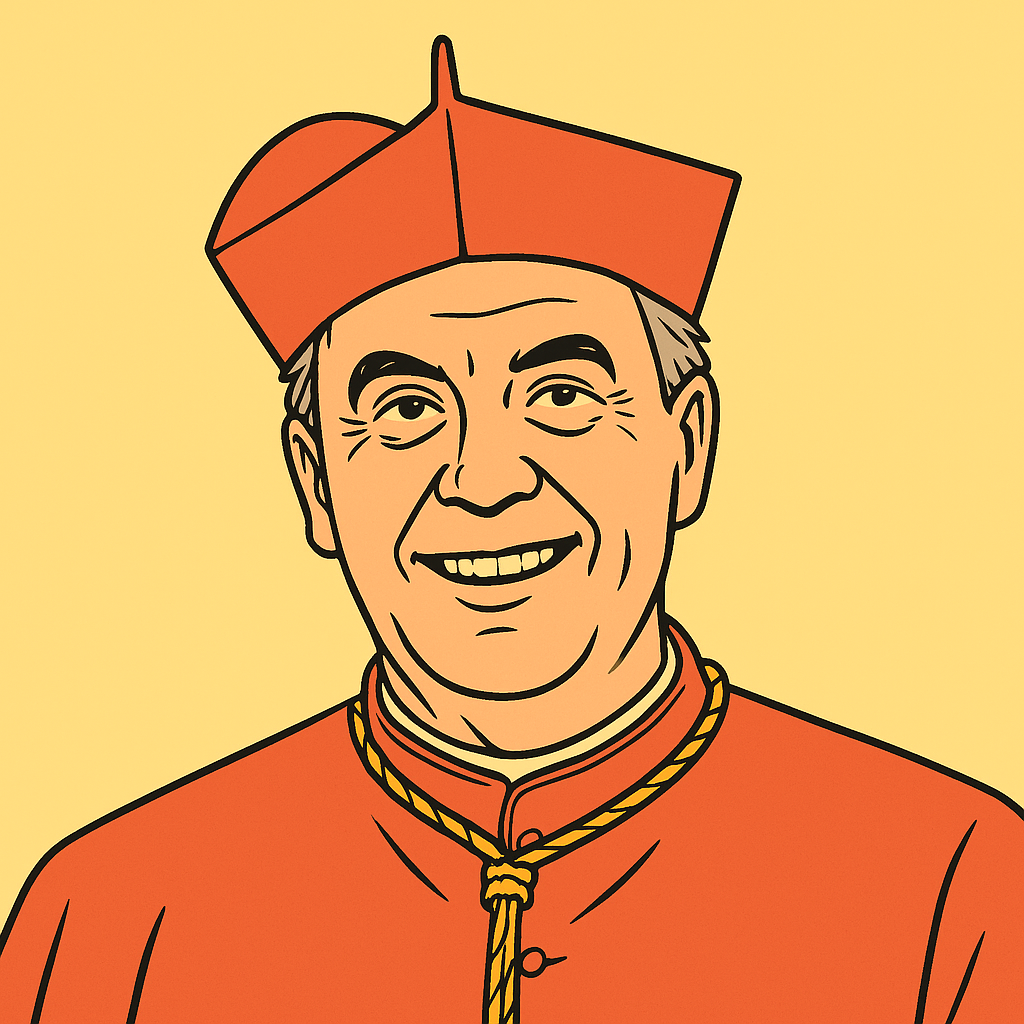
Spain
age: 65
Spanish cardinal and Major Rector of the Salesians, known for his dynamic pastoral approach and commitment to youth.
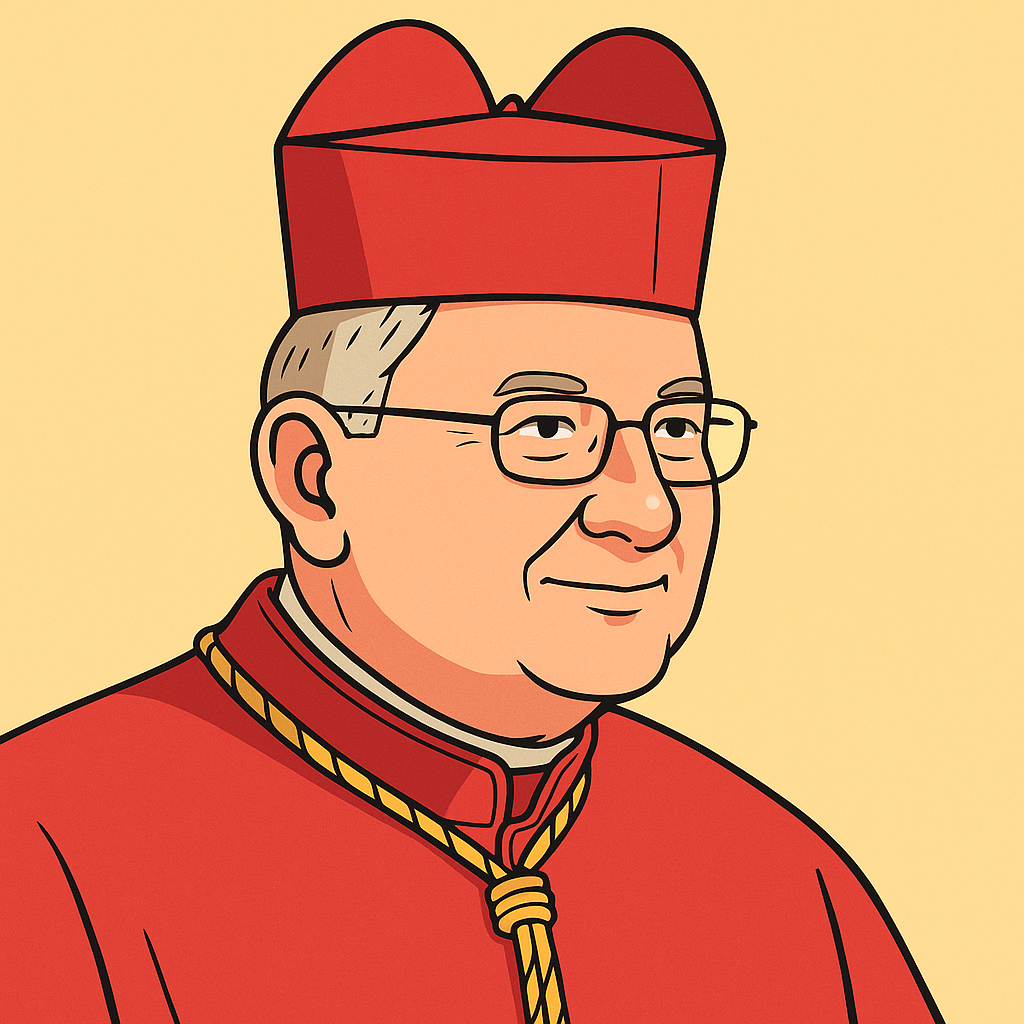
Brazil
age: 65
Brazilian cardinal, Archbishop of Porto Alegre, Franciscan, known for his accessible pastoral approach and social commitment, while maintaining a balance with Catholic tradition.
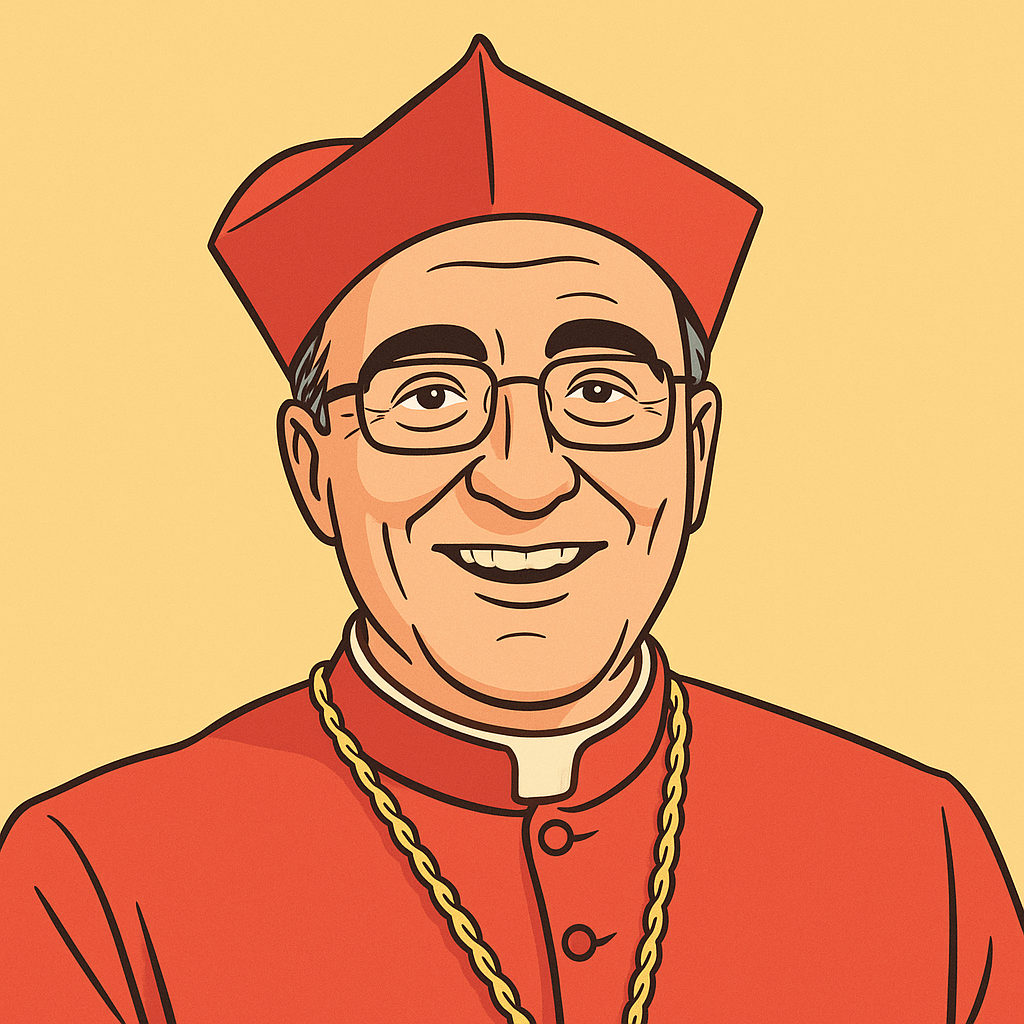
Uruguay
age: 66
Uruguayan cardinal, Salesian, known for his balanced approach between tradition and renewal, and his commitment to Catholic education.
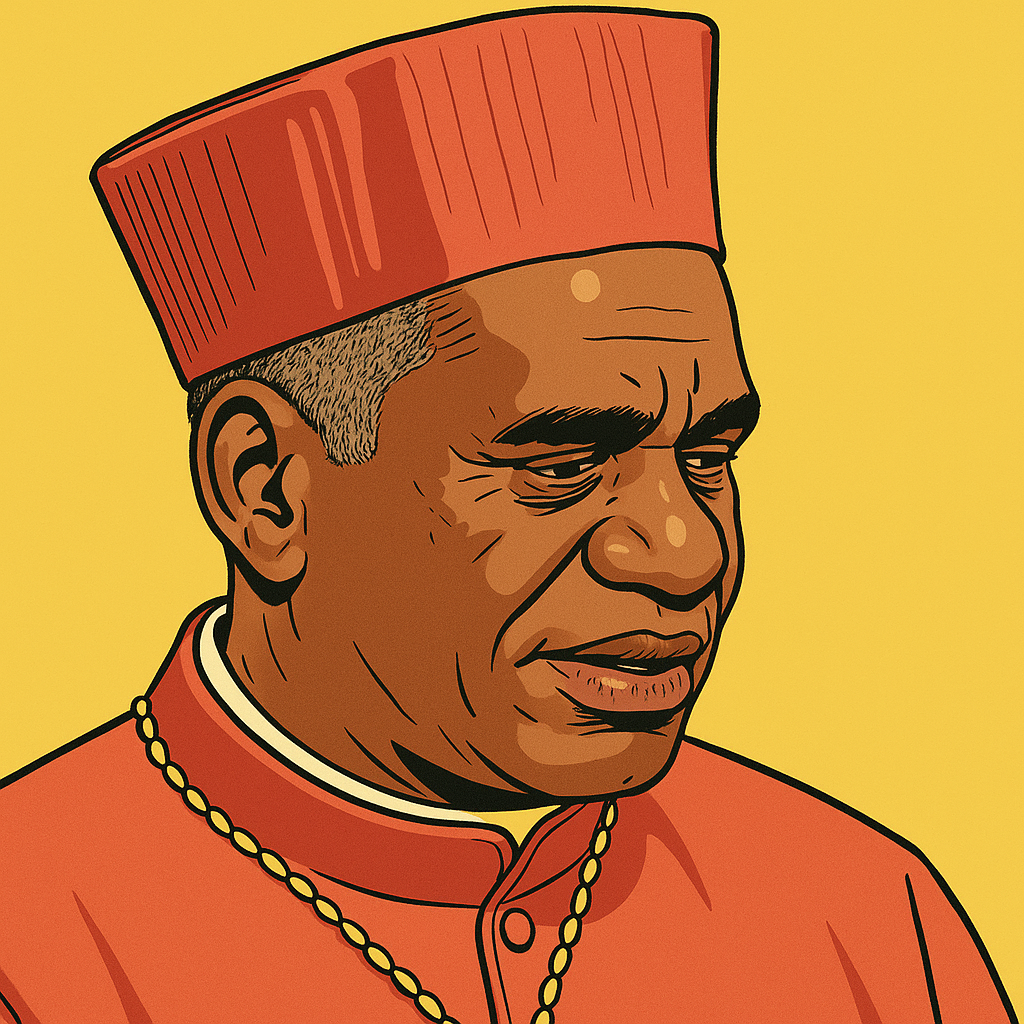
Madagascar
Malagasy cardinal, known for his traditionalist positions, his attachment to classical liturgy, and his vigorous defense of Catholic moral doctrine.

Myanmar
Burmese cardinal, the first from his country, known for his commitment to peace and reconciliation, combining respect for tradition and interreligious dialogue.
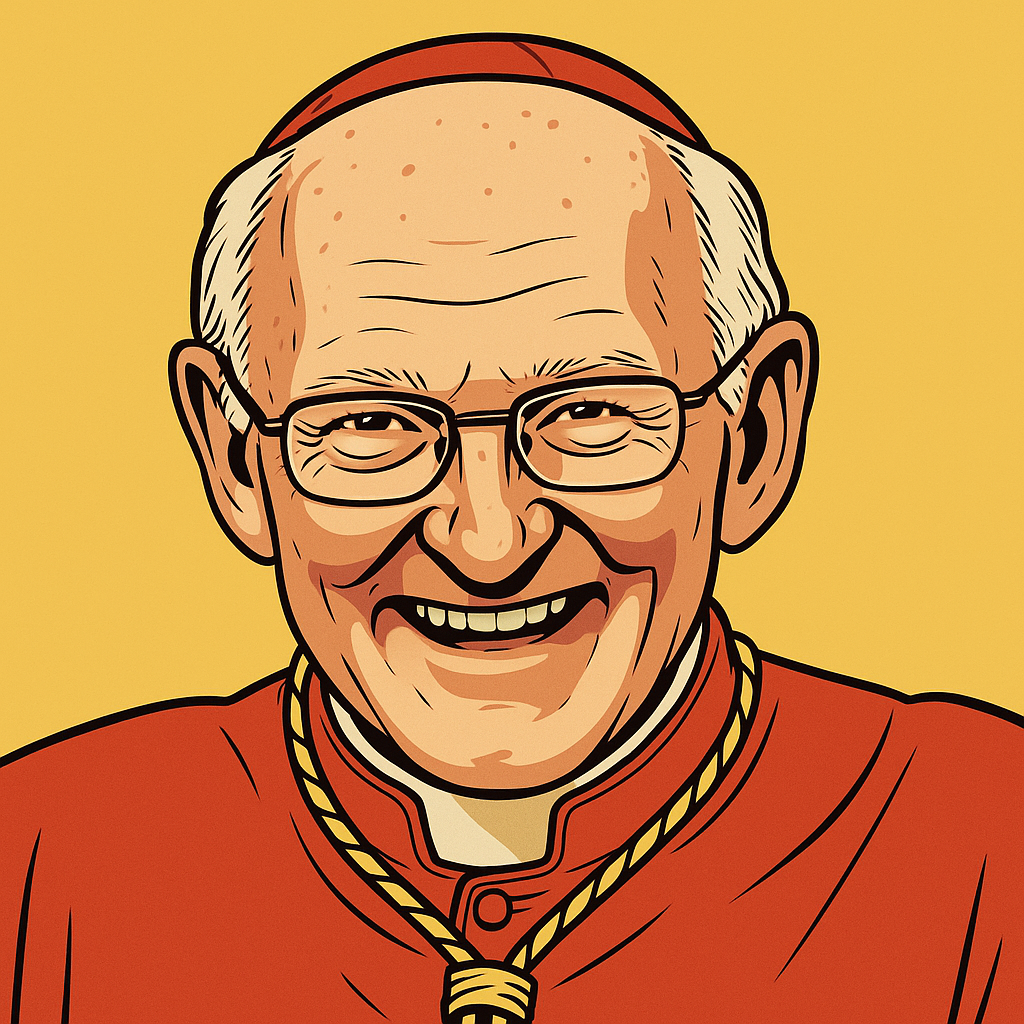
United States
American cardinal, Archpriest of the Basilica of Saint Paul Outside the Walls, former Prefect of the Papal Household, known for his conservative positions and administrative experience at the Vatican.

Madagascar
Malagasy cardinal, known for his traditionalist positions, his attachment to classical liturgy, and his vigorous defense of Catholic moral doctrine.
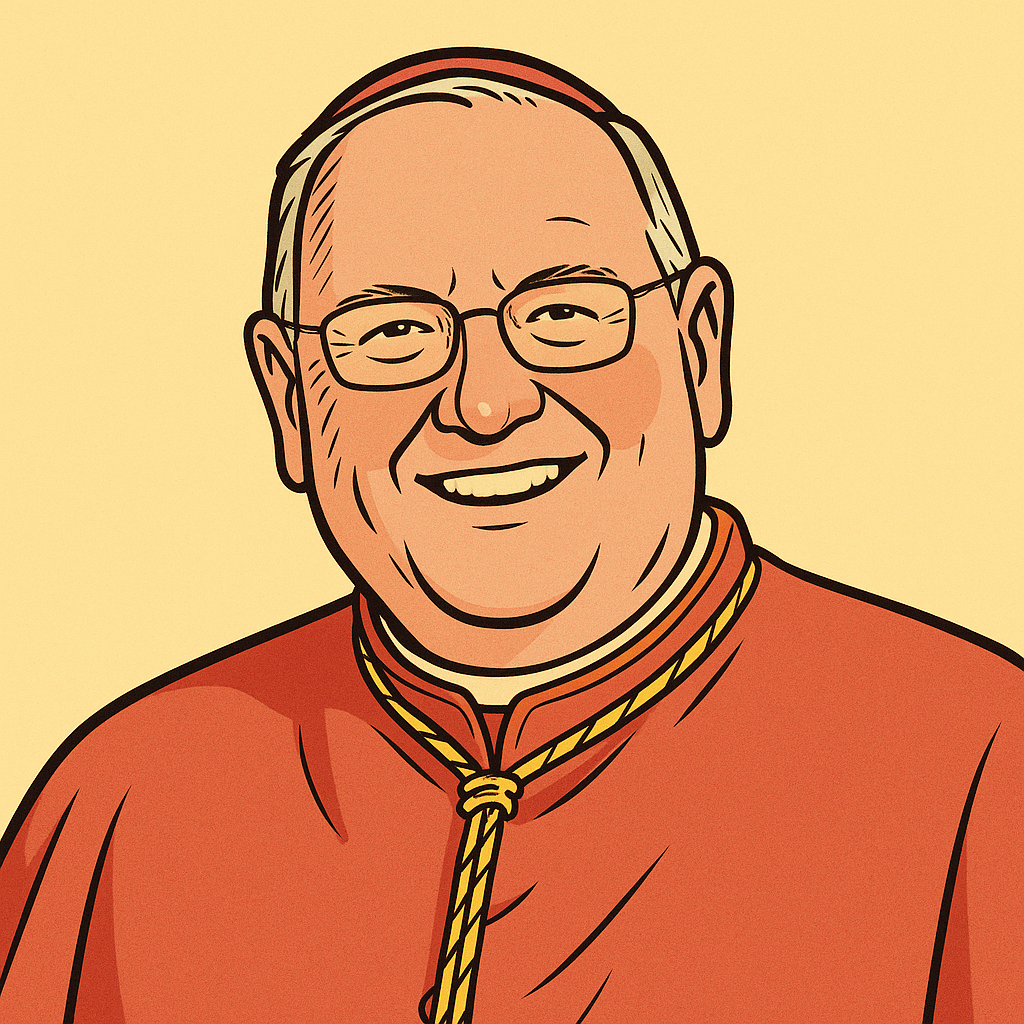
United States
American cardinal, Archbishop of New York, known for his media charisma and balanced leadership, combining social commitment and defense of Catholic tradition and moral values.

Myanmar
Burmese cardinal, the first from his country, known for his commitment to peace and reconciliation, combining respect for tradition and interreligious dialogue.
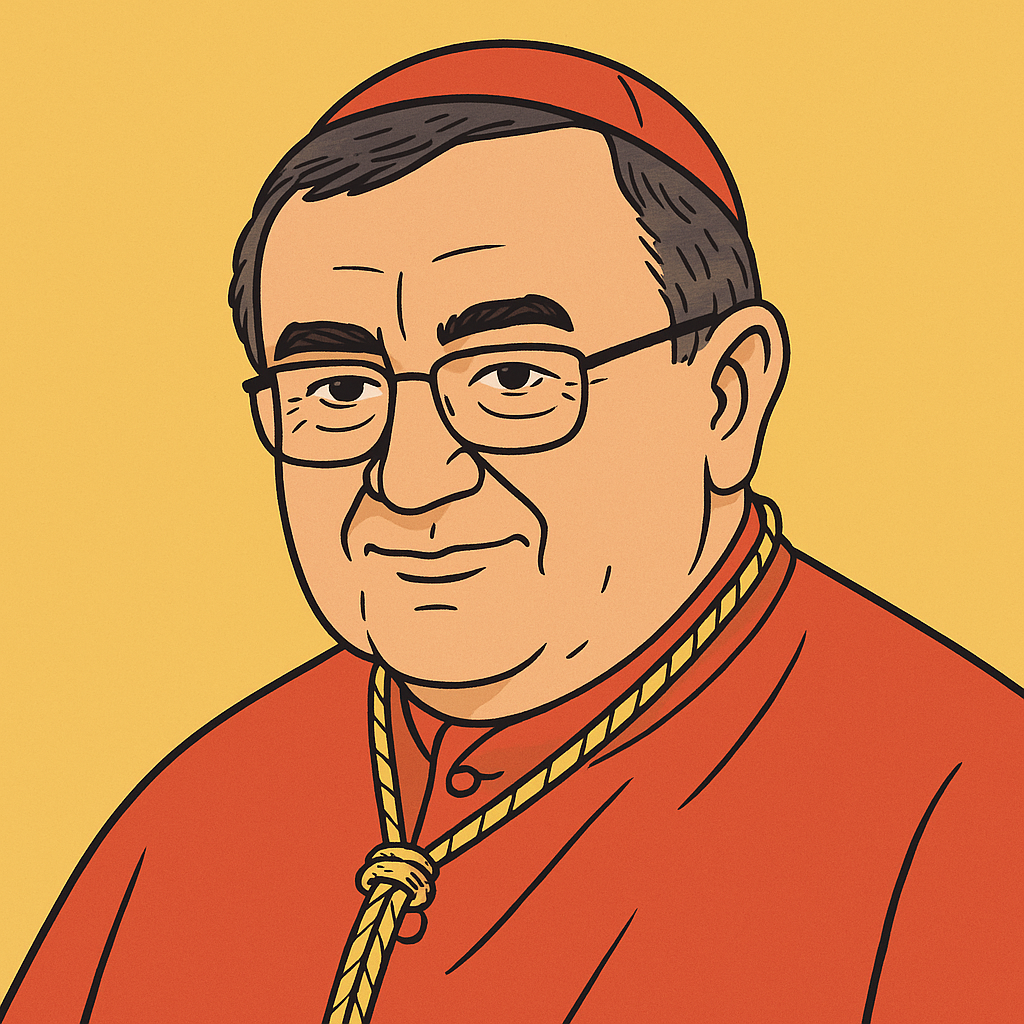
Bosnia and Herzegovina
Bosnian cardinal, Archbishop Emeritus of Sarajevo, known for his leadership during and after the Balkan War, his work for reconciliation and his defense of Catholic rights in the region.

Sweden
Swedish cardinal, the first Scandinavian cardinal in history, known for his balanced approach between tradition and openness, and his ecumenical work.
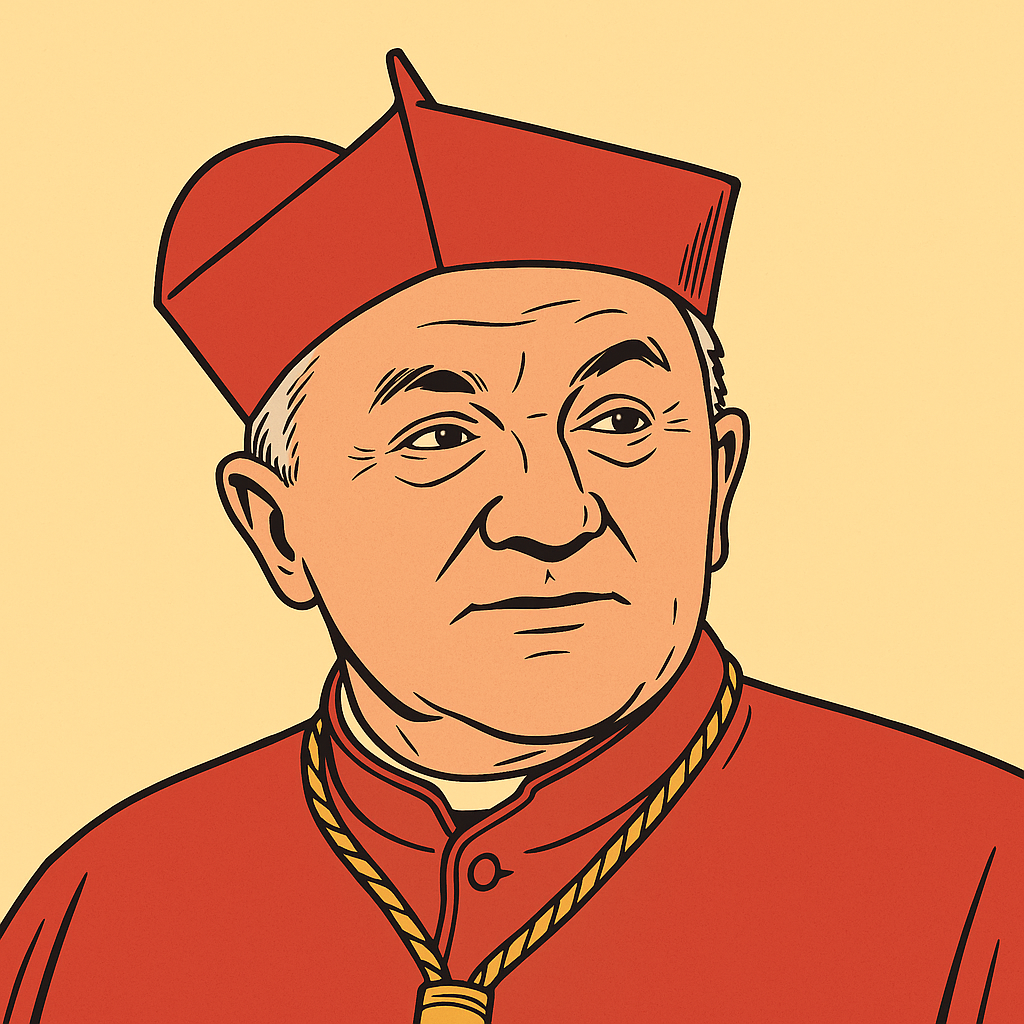
Poland
Polish cardinal, Archbishop of Warsaw, known for his balanced pastoral approach, combining Polish Catholic tradition with openness to dialogue in an evolving society.
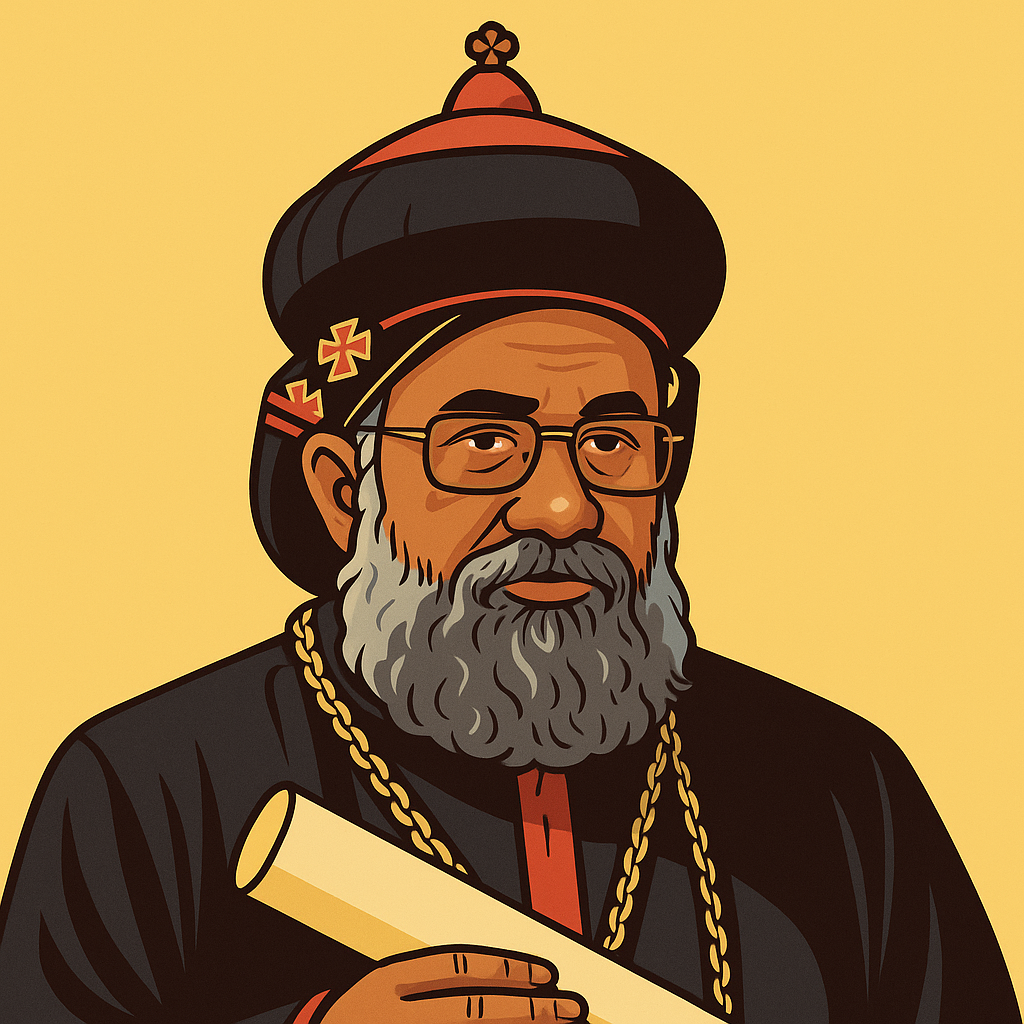
India
Indian cardinal of Syro-Malankara rite, known for his attachment to the Eastern traditions of the Church and his defense of traditional moral doctrine.
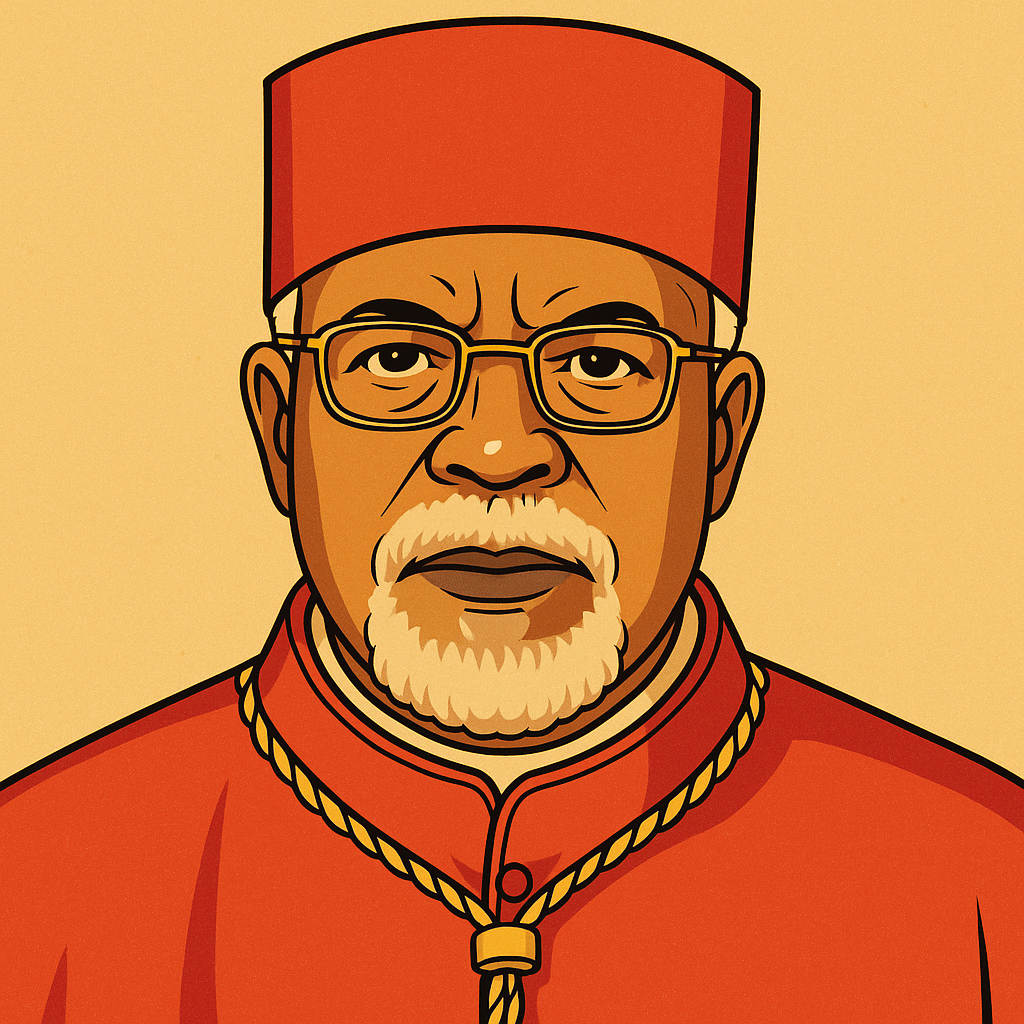
Ethiopia
Ethiopian cardinal of Eastern rite, known for his defense of traditional Church values and his pastoral work in a context of religious tensions.
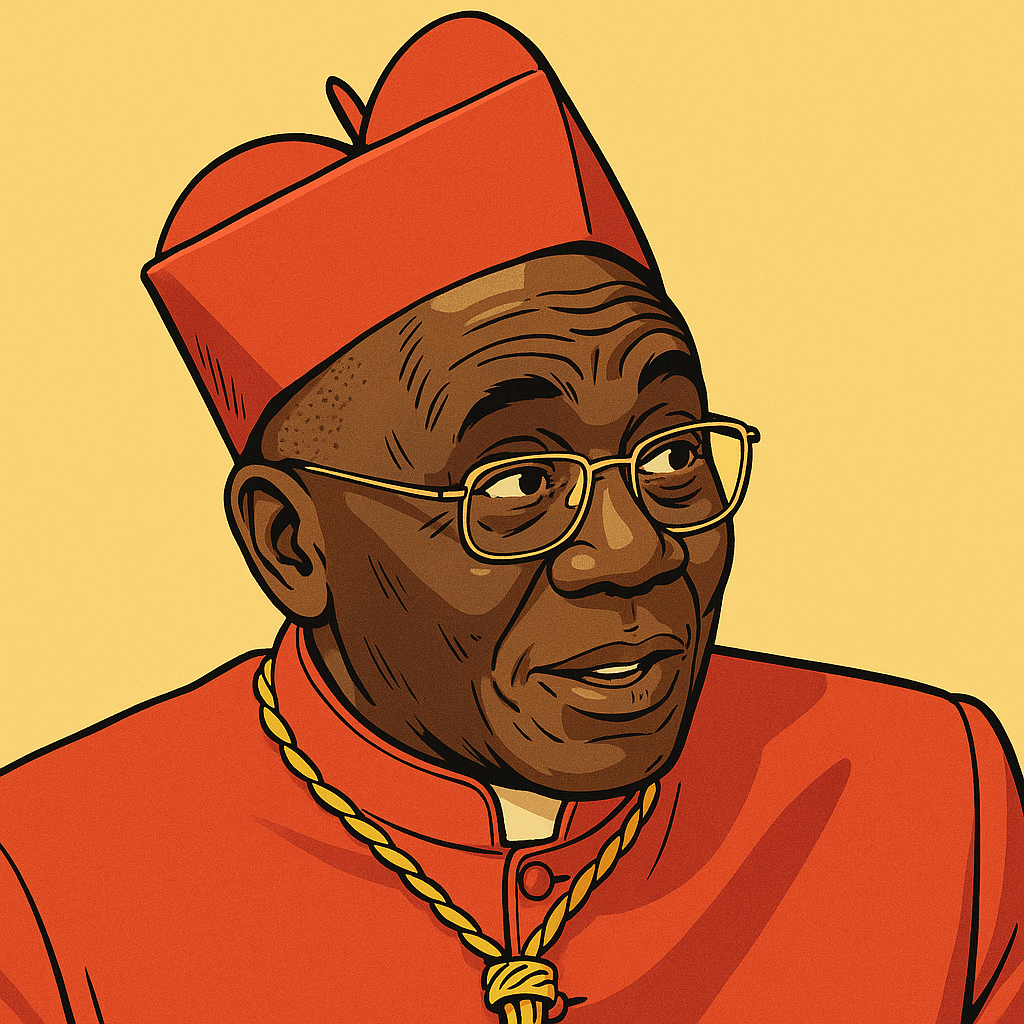
Ivory Coast
Ivorian cardinal, Archbishop of Abidjan, known for his doctrinal fidelity and conservative positions, while working for social peace and unity in his country.
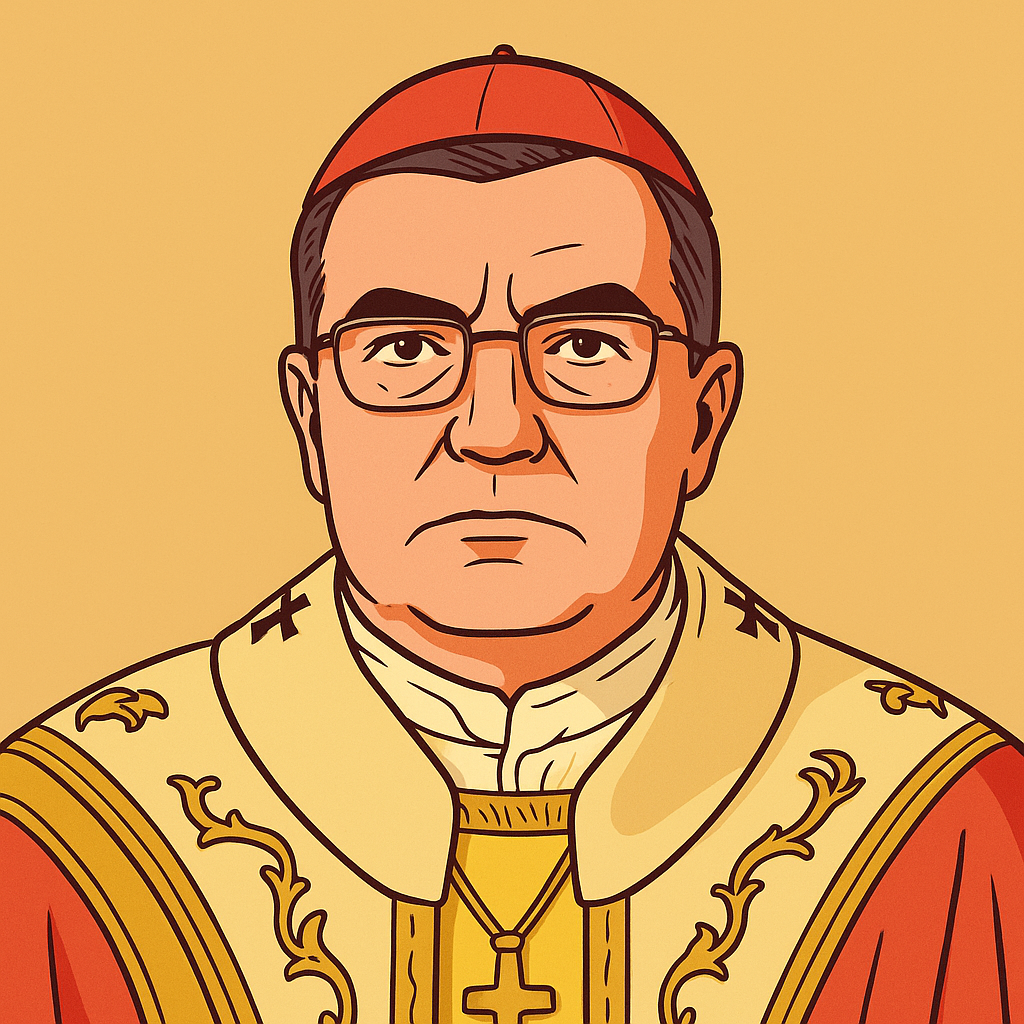
Croatia
Croatian cardinal, Archbishop of Zagreb, known for his conservative positions on moral issues and his commitment to traditional values in a post-communist context.

Bosnia and Herzegovina
Bosnian cardinal, Archbishop Emeritus of Sarajevo, known for his leadership during and after the Balkan War, his work for reconciliation and his defense of Catholic rights in the region.
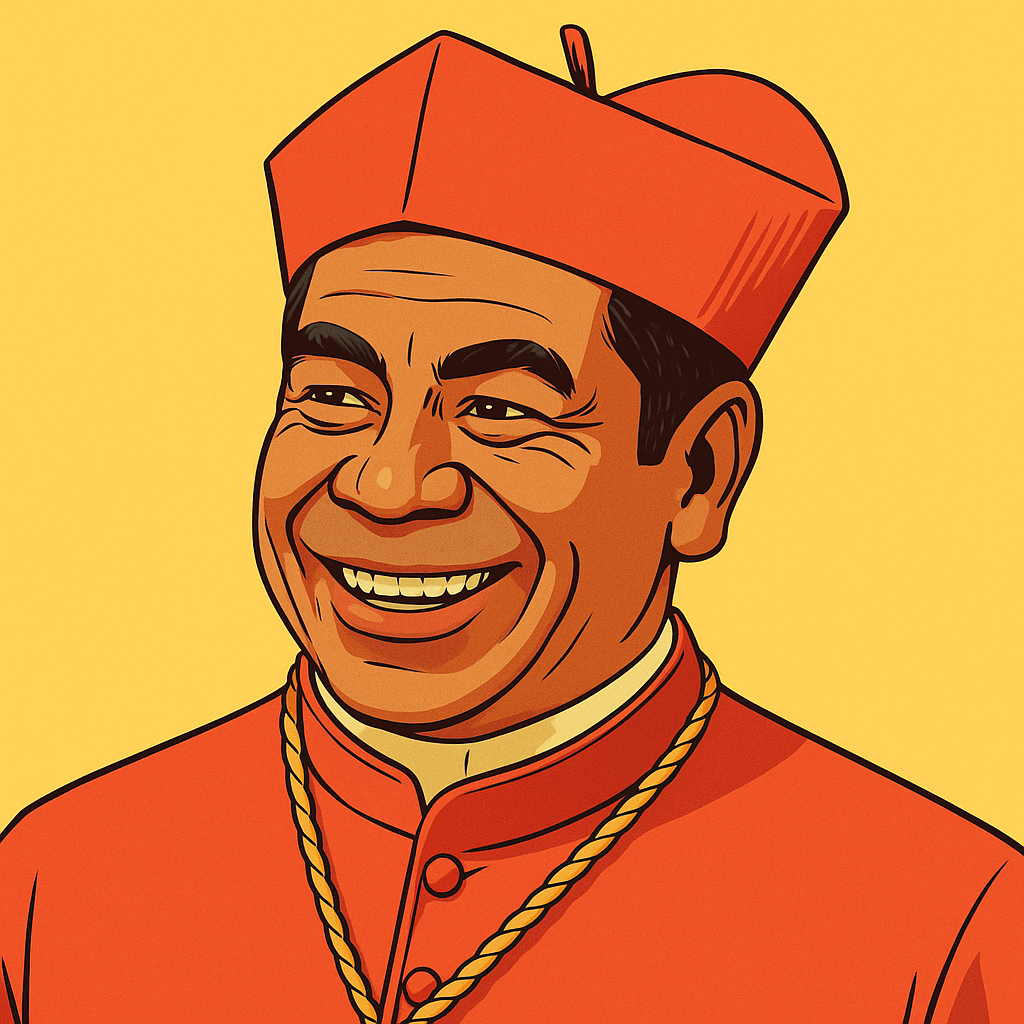
East Timor
East Timorese cardinal, Archbishop of Dili, first cardinal from his country, known for his leadership in post-independence reconstruction and his commitment to peace and national reconciliation.

Israel
Italian cardinal, Latin Patriarch of Jerusalem, Franciscan, known for his expertise on the Middle East and his balanced leadership in a context of political and religious tensions.
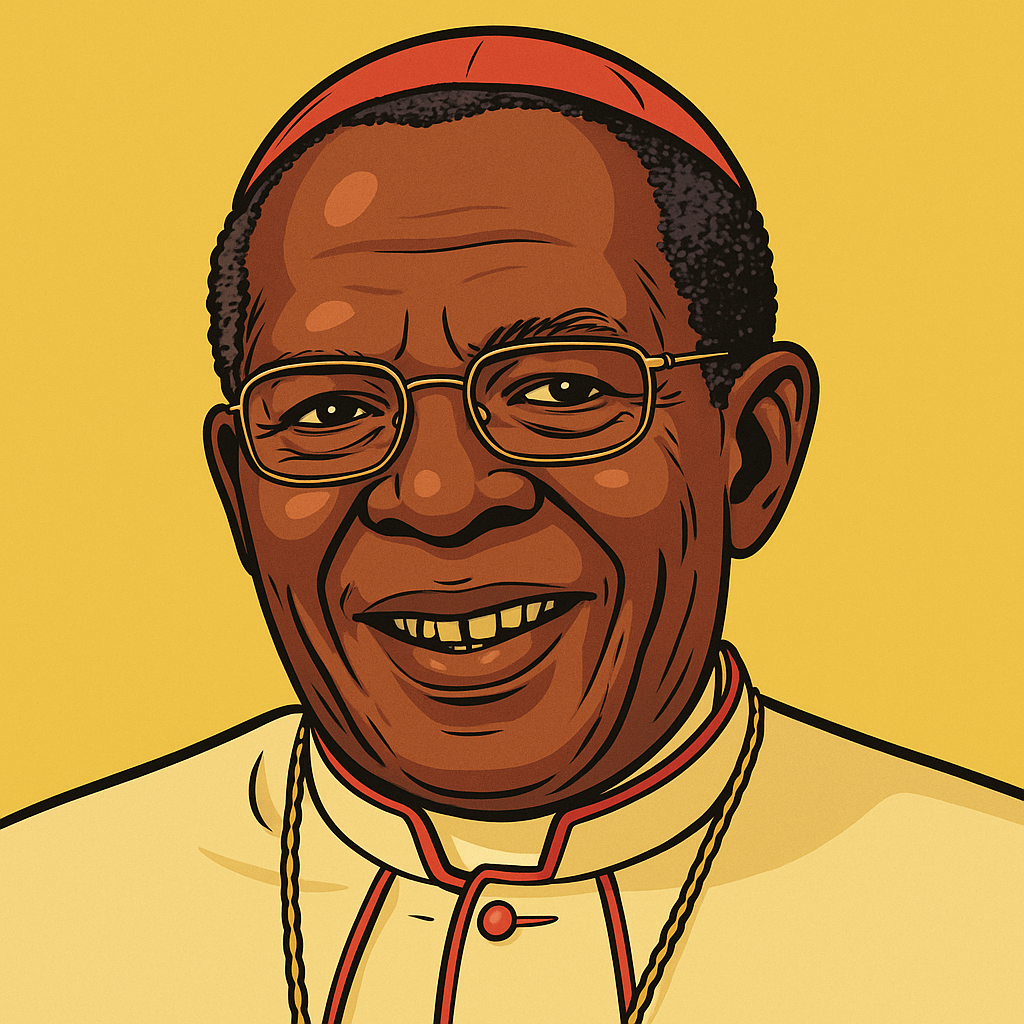
Kenya
Kenyan cardinal, Archbishop Emeritus of Nairobi, known for his conservative positions on moral issues and his leadership in the growing African Church.
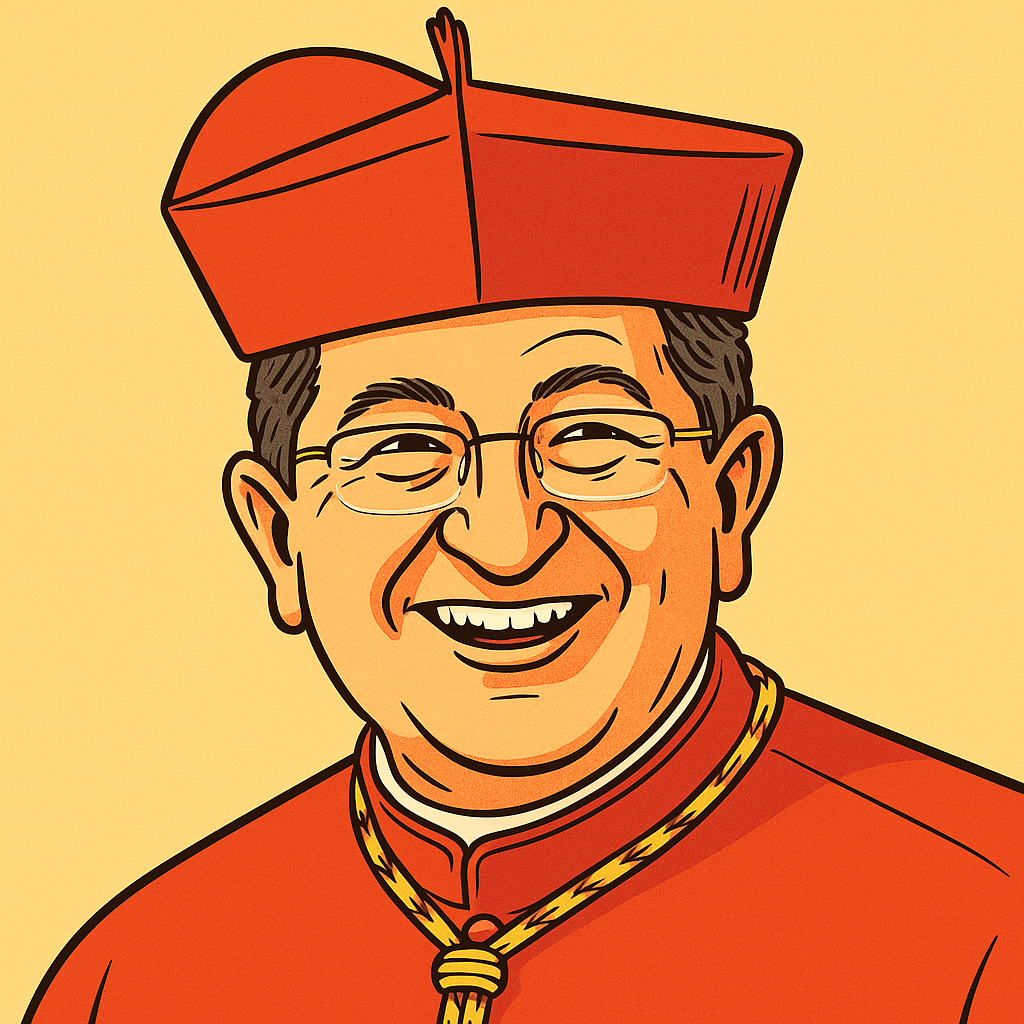
Italy
Italian cardinal, Archbishop of Florence, known for his conservative doctrinal positions and intellectual work, while remaining engaged in pastoral dialogue.